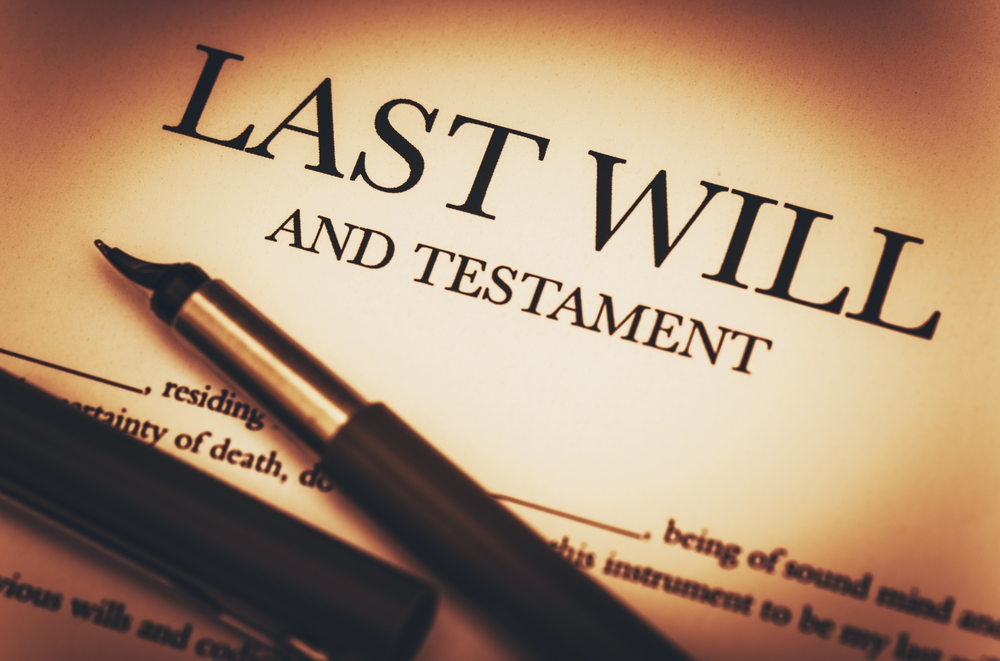Probate proceedings in Queens, NY are often straightforward, with assets being distributed as per the deceased person’s Last Will and Testament. However, things don’t always run smoothly and disputes can arise between family members or beneficiaries regarding the will’s validity. When a will is contested, there are eight steps proceedings will take. As experienced wills contest lawyers, Joseph N. Yamaner and Associates is here to guide you through the process.
Ask a Wills Contest Lawyer: Eight Steps for Contesting a Will in Queens, NY
1. Standing
A person must first have legal standing to contest a will in Queens. In other words, only someone with a direct interest in the outcome of proceedings can challenge the document’s validity, including:
- Beneficiaries named in the will
- Family members who would inherit under intestate succession laws
- Creditors of the deceased
If unsure of your legal standing, always consult a will contest attorney to help determine your eligibility for a claim.

2. Pre-Objection Discovery
Before filing an objection, someone considering contesting a will can request a pre-objection discovery, known as a SCPA 1404. This allows them to gather information from the person who drafted the will and the witnesses. Armed with a full understanding of the circumstances surrounding the will’s execution, the interested party makes an informed decision on whether they wish to challenge the document’s validity.
3. Filing an Objection
To begin the legal process, the objectant (person contesting the will) must file an objection with the Surrogate’s Court in the county where the deceased resided or held property, stating the grounds for their objection.
4. Post-Objection Discovery
After an objection has been filed, the discovery phase begins. This allows both sides to investigate the objection and gather information and evidence to support their respective position. Evidence may include:
- Documents
- Witness statements
- Expert testimony
5. Mediation and Settlement
If possible, mediation and settlement discussions can end the dispute, resolving the case without the need to go to trial. In some cases, this could be the final step in the process.
6. Pre-Trial Proceedings
When a settlement can’t be achieved through mediation, the next step is pre-trial proceedings. This typically includes each side filing pre-trial motions, allowing the court to resolve any legal issues on matters such as:
- Requests for summary judgments
- Motions to dismiss
- Admissibility of evidence
7. Trial
Without a settlement being reached, the case will proceed to trial. Both parties have the opportunity to argue their respective positions and present their evidence, including witness statements and expert opinions.
8. Court Decision
Finally, the judge or jury will decide whether the will is valid or not. If they decide to invalidate the will, the assets belonging to the deceased will be distributed according to a prior will (if one exists) or to NY’s intestate succession law.
Contesting a will is a complex process that requires careful handling, which is why legal representation is key. If you’re considering contesting a will, contact Joseph N. Yamaner and Associates today. From studying the will and gathering evidence to building a case and negotiating the best outcome, we’ll use our knowledge of New York estate planning and probate laws to guide you through the process.

